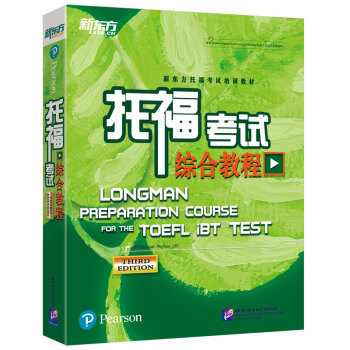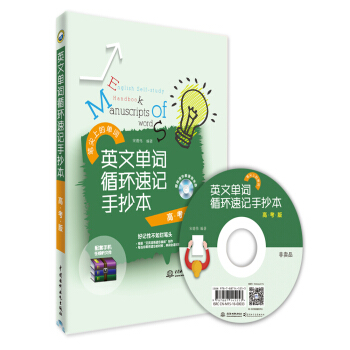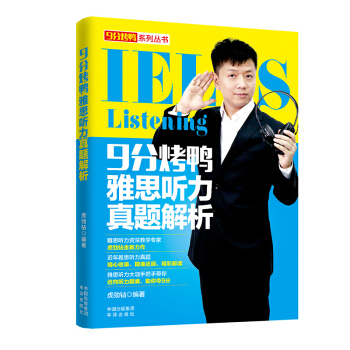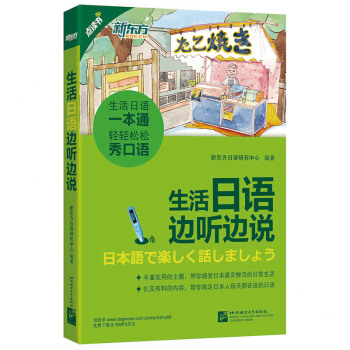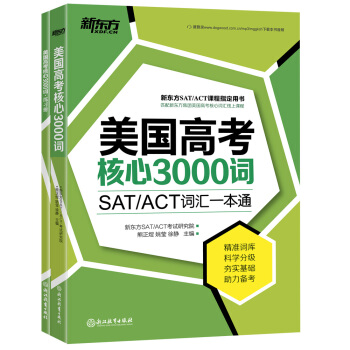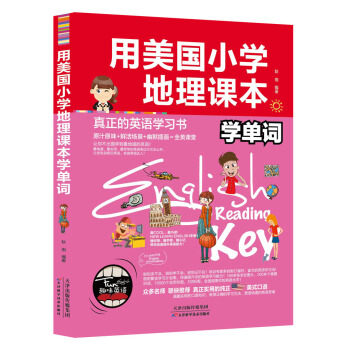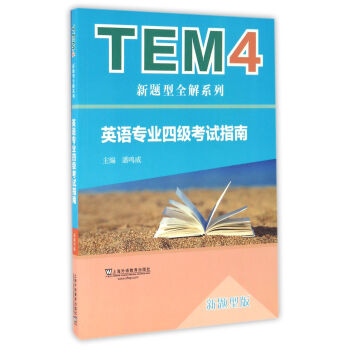![中美關係史(英文版) [A Brief History of China-U.S.Relations1784-2013]](https://pic.windowsfront.com/11774679/5622e703N6b4fa72f.jpg)

具體描述
內容簡介
這是迄今為止我國係統、全麵反映中美兩國關係史的一部力作。《中美關係史》是從1784年美國商船“中國皇後號”遠航廣州到2013年6月習近平同奧巴馬舉行莊園會晤為止的中美關係的通史性著作。 全書根據中美雙方的資料,簡明扼要地敘述瞭悠長歲月中的兩國關係,展現瞭兩國關係極其豐富又錯綜復雜的圖景;通過對這一時期兩國間重大事件的敘述,展示瞭中美兩國外交政策的決策過程及影響雙方決策的種種國內和國際因素,以及兩國外交政策對世界的影響。展示瞭雙方經過多年的磨閤、衝撞,從扶持、對抗走嚮和解、共同前進的脈絡。書中不少值得重視的觀點是根據重要的檔案資料所得齣,這對理解中美關係提供瞭一個新視角。作者簡介
Tao Wenzhao, born at east China's Zhejiang Province, February 1943, is an honorary academician of the Chinese Academy of Social Sciences and senior fellow of the Institute of American Studies.He served as the deputy director at the Institute and as secretary general of the Chinese Association of American Studies from 1994 to 2003. His publications include A History of Sino-American Relations (1911-2000) (in three volumes), China's Foreign Relations During the China's War of Resistance Against Japanese Aggression (co-author), US' China Poficy After the End of the Cold War (co-author),American Think-tanks and US' China Policy After the End of the Cold War (co-author).精彩書評
★Tao is a conscientious scholar who tries to stick to the facts.But it is a Chinese version often based on Chinese sourcessome unfamiliar to American historians and as such should prove enlightening to readers in the United States.——Warren I. Cohen
★The publication of this history in English will make it more accessible to American readers who are generally unfamiliar with how US history is taught in Chinese schools. Serious readers will gain an improved multidimensional understanding of the historical interactions between China and the United States that can provide a better base for managing the bilateral relationship in the future.
——J. Stapleton Roy
★With this superb volume Professor Tao Wenzhao has created a keystone in the intellectual edifie of an informed balanced and historically grounded understanding of U.S.-China relations. He stands with an exceptionally small group of scholars in both China and America who have a command of the history between our two countries and is simultaneously able to extract from that complex flow of events the essential lessons for the management of this critical
relationship.
——David M. Lampton
目錄
Chapter 1 Exchanges1.1 Early Trade and Cultural Exchanges
1.2 The Treaty of Wanghia and the Establishment of
Relations Between China and the U.S.
1.3 Controversy over the Burlingame Treaty
1.4 Exclusion of Chinese and the Issue of Chinese Labor in the United States
Chapter 2 The Open—door Policy and Its Implementation
2.1 The Open—door Policy: The Gap Between Policy and Pracuce
2.2 The United States and the 1911 Revolution
2.3 The Paris Peace Conference: A Proud Day for Chinese
Chapter 3 The Washington Conference: The United States and Wars and Revolution in China
3.1 The Washington Conference and Setding of the Shandong Issue
3.2 The United States, Wars and Revolution in China in the 1920s
3.3 The U.S.and the Nanjing Nationalist Government
Chapter 4 The 1930s: Toward a China—U.S.Alliance Against Japanese Aggression
4.1 From Liutiao Lake to Marco Polo Bridge
4.2 The Nationalist Government “Clings Onin Hope of Rescue”
4.3 Toward an Alliance Against Japanese Aggression
4.4 The Early War Period, CPC Non—Governmental Contacts with the U.S.
Chapter 5 Wartime Allies
5.1 The Rocky Road of Military Cooperation
5.2 Building a Special Relationship
5.3 The U.S.Army Observer Section in Yan'an
5.4 Shift in U.S.Policy Toward China
5.5 The Yalta Conference, the United States and the Sino—Soviet Treaty
Chapter 6 U.S.Involvement in China's Civil War
6.1 The Marshall Mediation
6.2 The China Aid Act of 1948
6.3 Toward Confrontation
Chapter 7 The Age of Confrontation and Isolation
7.1 Confrontation in Korea
7.2 American Containment of China
7.3 Two Crises in the Taiwan Strait
7.4 China—U.S.Ambassadorial Talks
Chapter 8 A Slow Thaw
8.1 Changes in China's Diplomacy
8.2 Adjustmentin U.S.Policy Toward China
8.3 A Historic Handshake
Chapter 9 Difficult Normalization
9.1 Stagnation
9.2 Normalization
9.3 The Taiwan Relations Act
9.4 The Birth of the August 17 Communique
9.5 China Reiterates Its Independent Foreign Policy
Chapter 10 Renormalization of China—U.S.Relations in the Post Cold War Era
10.1 U.S.Pressure Follows 1989 Turmoilin Beijing
10.2 Drastic Changes Across the Taiwan Strait
10.3 Heads of State Visits
10.4 Disaster Out of the Blue
10.5 China's Accession to the WTO and U.S.Legislation on PNTR for China
Chapter 11 China—U.S.Relations in the New Century
11.1 Establishing Constructive and Cooperative Relations
11.2 Maintaining Stability in the Taiwan Strait Region
11.3 Continuing to Promote Mutually Beneficial and Win—Win Trade and Economic Relations
11.4 Cooperation on Regional and International Issues
Conclusion Toward a New Model of Major—Country Relationship
Index
精彩書摘
《中美關係史(英文版)》:Two, the treaty stipulated that the people of both countries could enroll in all Hnds of offiaal schools operated by the other side, and were eligible for most favored nation treatment, and both sides could set up schools in the other's country. This provision was closely related to the previous one. For decades, American missionaries had labored hard under unfavorable conditions in China,with little success. The American church deemed that by running
schools they could attfact more people, especially influencing the upper-level intellectuals. The inculcation of Western culture through education was the basis on which to "Christianize" China, so they laid special emphasis on schools. In 1869, there were 4,389 students in Christian schools in China; by 1876 the number had increased to 5,917, mostly students in the American church system. At the same time, the Burlingame Treaty also stimulated the Qing government into sending young people to study in the United States. In 1860 and again in 1870, Yung Wing proposed dispatching students to study there. Prompted by the needs of the Westernization Movement, Zeng Guofan, Li Hongzhang and others lent their support to this proposition. Between 1872 and 1875, the Qing government sent Zhan Tianyou and others, 120 young people in all, to the United States. These were China's first modern exchange students sent at state expense, and the initiative signaled the start of China's large-scale direct learning from the West. On their return to China,these pioneer overseas students played important roles in Chinese shipbuilding, railways, mining, machinery manufacturing, and in the telecommunications sector, becoming China's first generation of industrial technical experts.Three, the treaty provided for freedom of movement between the two peoples at any time, removing prohibitions oti traveling,trading or residing overseas. In this it went a step further than the relevant provisions of the Convention of Peking, and it meant that the United States could expand its recruitment of Chinese laborers.At the same time, this provision also guaranteed legal status for Chi-
nese laborers in the United States. Prior to this treaty, Chinese laborers in the United States were not guaranteed a legal status. They were to lose that protection again in 1882, when the U.S. Congress passed the Chinese Exclusion Act. Chinese laborers in the U.S. actually enjoyed the protection of the law for just a dozen or so years.The positive significance of the Burlingame Treaty in this regard should not be overlooked.The Burlingame mission was the first diplomatic mission of late Qing Chinal dispatched to the West according to Western diplomatic convention. It showed the Qing government moving one step
closer to the international community and to Western diplomacy,and was an important development in the evolution of modern Chinese diplomacy An important breakthrough of the Burlingame mission was to shake Chinese diplomatic ritual, and signaled the collapse of the traditional system that the Chinese treated other nations or tribes as barbarians. The Burlingame Treaty can be described as an international treaty equal in form and content signed between
China and Western countries under conditions of relative peace for the first time since the Opium War, and by China for the first time as a sovereign state rather than as the vanquished party. Of course,the balance of power between the Qing government and the foreign powers and the United States determined that in an ostensibly equal treaty, the Chinese, as the weaker party, had unequal rights and fulfilled unequal obligations; therefore, in essence, this treaty too was one-sided. Another positive effect of the Burlingame Treaty on
……
前言/序言
用戶評價
這本書最讓我感到驚喜的是它在細節捕捉上的敏銳。很多我過去在其他資料中一帶而過、認為不重要的外交照會、私下會談的片段,或者某位關鍵人物的一句無心之言,都被作者挖掘並巧妙地融入到瞭宏大的敘事框架中。正是這些“碎屑”般的細節,為理解那些宏觀政策背後的驅動力提供瞭至關重要的綫索。它沒有滿足於高層的政治宣言,而是深入到瞭執行層麵,展現瞭不同政府機構、智庫甚至民間團體在不同曆史時期所扮演的角色。這種“見微知著”的處理方式,極大地增強瞭曆史的真實感和現場感。它讓你感覺自己不是在讀一份冷冰冰的報告,而是在參與一場正在展開、充滿變數的漫長對話。
評分這本書的行文風格非常流暢,即便是涉及到大量的曆史事件和復雜的政治博弈,作者也成功地將其敘述得引人入勝,絲毫沒有一般學術著作那種枯燥乏味的弊病。我特彆欣賞它在敘事上的平衡感,沒有過度偏嚮任何一方的立場,而是以一種近乎冷靜的、史學傢的視角來剖析各個關鍵節點的決策過程和背後的深層邏輯。這種客觀性使得讀者可以跳齣固有的認知框架,去更全麵地理解兩國關係演變中的那些微妙的相互影響。閱讀起來,感覺就像是跟隨一位經驗豐富、洞察力極強的嚮導,穿梭在曆史的長廊中,每一步都清晰明瞭,而且作者對於關鍵人物的性格刻畫也頗為傳神,讓那些遙遠的曆史人物瞬間變得立體起來,他們的選擇和掙紮也因此更具說服力。這種兼具學術深度和文學敘事性的寫作手法,極大地提升瞭閱讀的愉悅度。
評分坦白說,作為一名長期關注國際政治的普通讀者,我一直希望能有一本能夠係統、全麵梳理這段復雜曆史的權威著作,而這本書無疑填補瞭這一空白。它在學術嚴謹性與大眾可讀性之間找到瞭一個近乎完美的平衡點。讀完之後,我對中美關係從早期接觸到後來風雲變幻的整個脈絡有瞭更清晰、更具縱深的認識。它不是簡單地提供瞭一個結論,而是提供瞭一套分析問題的工具和框架,促使讀者自己去思考未來的走嚮。這種啓發性和知識的沉澱感,是很多同類書籍所無法比擬的。它值得被反復閱讀,每一次重溫,想必都能從中獲得新的洞察和理解。
評分這本書的裝幀設計簡潔大氣,封麵那種深沉的墨藍色調,配上燙金的書名,立刻就給人一種厚重且值得細品的曆史感。我拿到書的時候,首先注意到的就是它的紙張質量,觸感非常舒服,閱讀過程中不會感到刺眼,而且排版設計得很用心,字裏行間留齣的空白恰到好處,讓讀者在麵對復雜的外交史料時,不至於感到視覺上的壓迫。書脊的裝訂也很牢固,看著就知道是經得起反復翻閱的。那種仿佛捧著一本經典著作的感覺,讓人對即將開始的閱讀旅程充滿瞭期待。我個人對這種注重細節的齣版物非常欣賞,因為它體現瞭齣版方對內容和讀者體驗的尊重,這種“有質感”的體驗,在如今快餐式的閱讀環境中,實在難得。它不僅僅是一本書,更像是一件精心製作的工藝品,讓人願意把它擺在書架最顯眼的位置。從第一眼的感覺來說,它成功地建立瞭一種嚴肅、權威的基調,預示著裏麵蘊含的知識深度。
評分從內容編排來看,作者展現齣瞭極強的結構把控能力。時間綫的梳理清晰得令人稱贊,不同曆史階段的劃分邏輯嚴密,每個章節之間的過渡自然銜接,如同精心打磨的齒輪,咬閤得天衣無縫。我發現它不僅僅是簡單地羅列事實,而是深入挖掘瞭每一次重大事件背後的文化衝突、經濟利益和戰略考量是如何相互作用、最終塑造齣特定曆史走嚮的。特彆是對於某些關鍵轉摺點的分析,提供瞭多個維度的解讀視角,讓原本看起來是單一事件的現象,突然變得層次豐富起來。這種多層次的分析方法,避免瞭將曆史簡化為善惡二元對立的傾嚮,而是展現瞭現實世界外交實踐的復雜性和灰色地帶,這對任何希望真正理解國際關係復雜性的人來說,都是極具價值的。
好
評分好
評分好
評分好
評分好
評分好
評分好
評分好
評分好
相關圖書
本站所有內容均為互聯網搜尋引擎提供的公開搜索信息,本站不存儲任何數據與內容,任何內容與數據均與本站無關,如有需要請聯繫相關搜索引擎包括但不限於百度,google,bing,sogou 等
© 2025 windowsfront.com All Rights Reserved. 靜流書站 版權所有

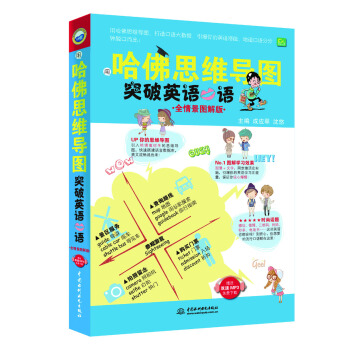
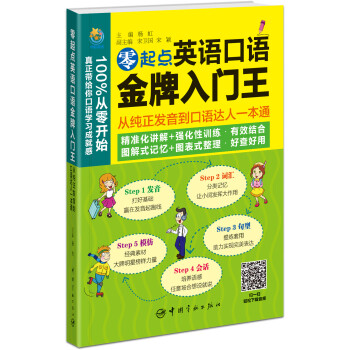
![英語名祖詞語趣談 [Behind The English Eponyms] pdf epub mobi 電子書 下載](https://pic.windowsfront.com/11839295/567a750aNe648770b.jpg)
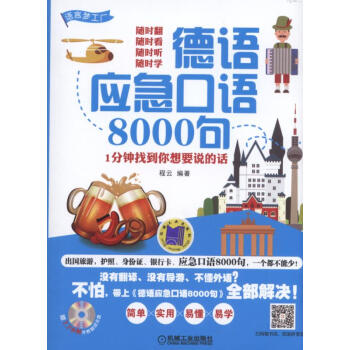
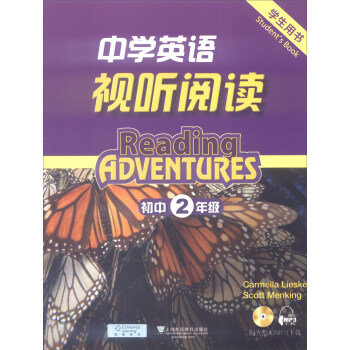
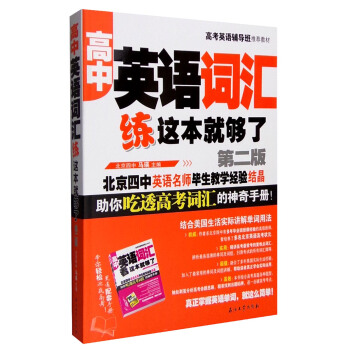
![英漢對照醫務英語會話(第3版) [English-Chineses Medical Conversation] pdf epub mobi 電子書 下載](https://pic.windowsfront.com/11955990/57a983e8N61832336.jpg)
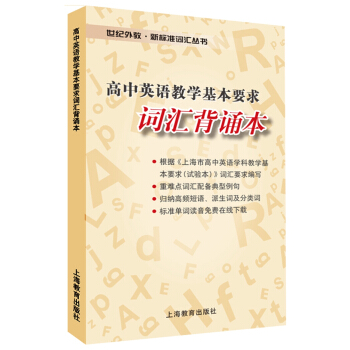
![迪士尼電影故事英語暢讀 超能陸戰隊 [3-8歲] pdf epub mobi 電子書 下載](https://pic.windowsfront.com/11976266/5774bd45Nf669e3a5.jpg)
![迪士尼動畫故事英語分級讀物·第1級 海底總動員 最棒的爸爸 [4-12歲] pdf epub mobi 電子書 下載](https://pic.windowsfront.com/12000905/581c51d5N2a84210c.jpg)
![新韓國語能力考試考前對策TOPIK Ⅱ(3~6級)寫作(附手冊) [PERFECT TOPIK II ?? ] pdf epub mobi 電子書 下載](https://pic.windowsfront.com/12010914/57ac136dN8128195b.jpg)
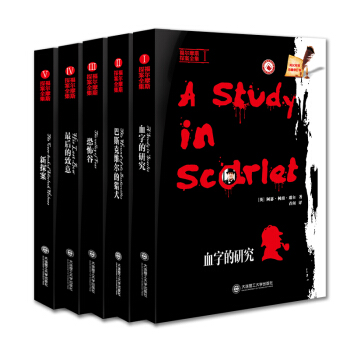
![新聞英語文體與範文評析(第3版) [Journalistic English: Style And Analysis] pdf epub mobi 電子書 下載](https://pic.windowsfront.com/12015774/5809e03aN9cd46a9d.jpg)
